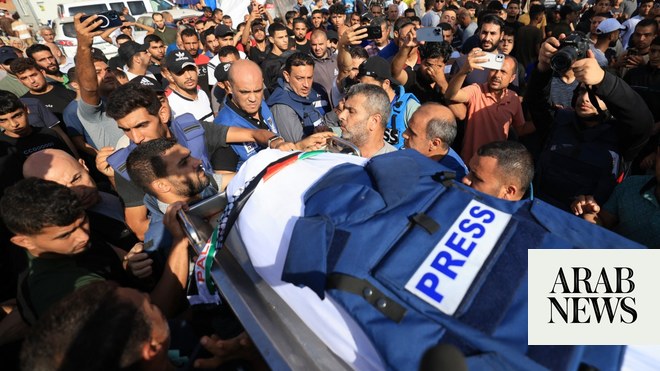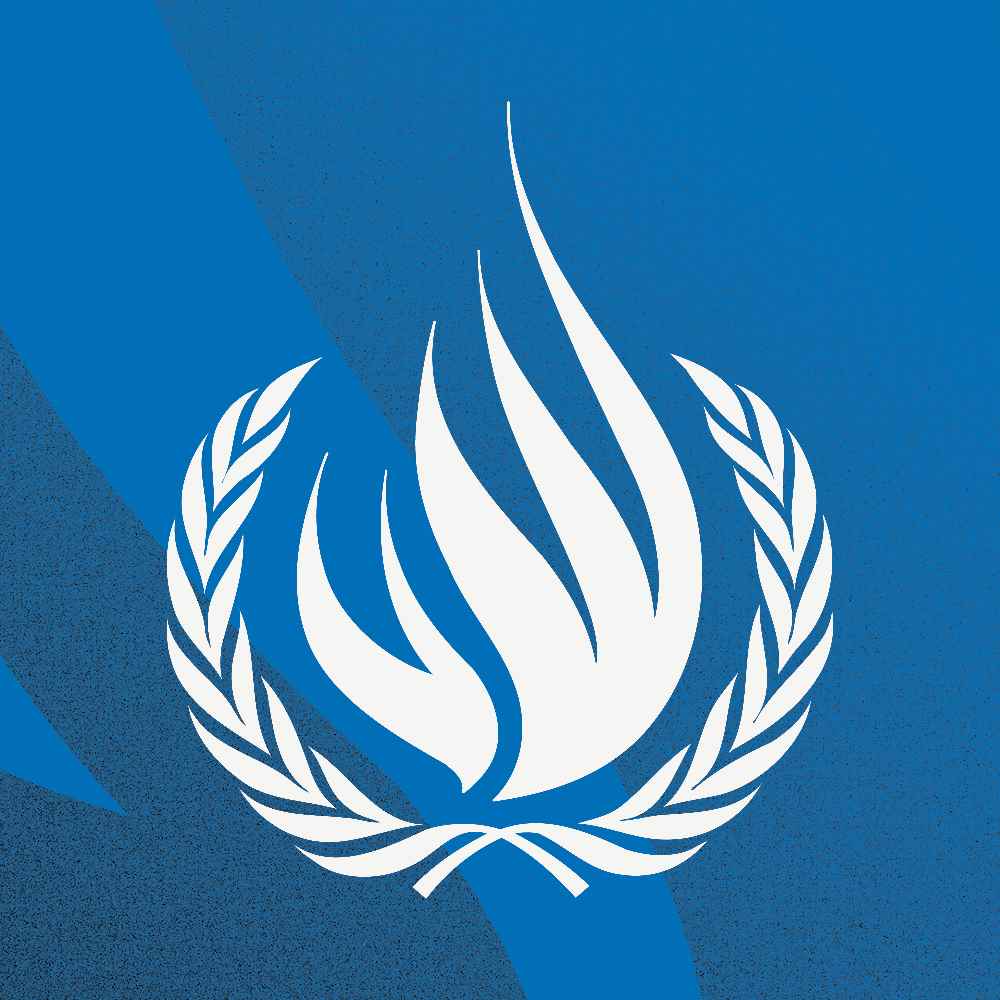
The year 2024 is already the deadliest since the coup for media operating in Myanmar, with three deaths recorded last month alone as the junta is accused of imposing a “terror campaign” on the press.
Htet Myat Thu, 28, and Win Htut Oo, 26, both freelance journalists, were shot dead during a raid on their home by the military junta on 21 August in the southern Mon state.
In the same week, on 19 August, Pe Maung Sein, 50, an award-winning documentary film-maker, died at a private hospital in Yangon just three days after he had been released from a junta prison. Hours of beatings at an interrogation centre had left him with five broken ribs and four prolapsed discs, which were untreated for almost two years in jail, where he also endured periods without adequate food.
His wife says he was left paralysed, and with such severe injuries he was unable to drink, eat or even talk.
In total, four journalists have been killed this year, making 2024 the deadliest for members of the press since the military seized power in February 2021, ousting the government of Aung San Suu Kyi. The coup was met by widespread opposition from the public, and an armed uprising against the junta. Journalists documenting the conflict and the frequent human rights abuses by the military, have faced immense dangers.
Hundreds of journalists have also been forced to flee into exile or fled to areas controlled by opposing armed groups, while others work underground.
Pe Maung Sein was arrested in May 2022 while filming in Loikaw, close to the border with Thailand. He wanted to document the conflict and plight of people forced to flee their homes, his wife, Khin Su Naing said. She told the Guardian he was kept at an interrogation centre where his hands and legs were tied, and he was kicked for hours by a group of soldiers, denied food and allowed only a few sips of water. His memories of what happened next were vague as he lost consciousness. The only thing he remembered was pain.
He was transferred to Loikaw prison, and charged with communicating with blacklisted organisations. He was denied proper medical treatment for his injuries, relying on medicine that his wife sent from Yangon. When conflict in Loikaw escalated in November 2023, Khin Su was unable to communicate with her husband, but learned he had received very little food as the prison had no regular supplies. He began collapsing from his injuries, and was left paralysed.
Pe Maung Sein was moved to Loikaw military hospital in April 2024, before being moved again to Yangon, after a request from Khin Su. Despite being paralysed, his legs were chained to the hospital bed and he was watched over by armed guards. MRI results showed that he had five broken ribs and four prolapsed discs, while an endoscopic test showed he had a lump in his trachea in addition to bone tuberculosis. He was released four days before his sentence was completed and Khin Su rushed him to a private hospital. He died three days later.
“I had already prepared for him with a wheelchair. I expected him to return home at least as a disabled person, but not like this,” Khin Su said.
The Guardian was not able to reach a military representative for comment.
Two days after Pe Maung Sein’s death, freelance journalists Htet Myat Thu and Win Htut Oo were shot dead in the country’s south.
On 21 August, Thiri Lwin, the girlfriend of Win Htut Oo, received a phone call telling her that gunshots had been heard near the home that her partner shared with Htet Myat Thu in a small town in Southern Myanmar.
Neighbours told her that about 30 military soldiers had raided the house, and both men had been shot.
The military reportedly targeted the house after learning members of a local anti-junta group had visited them. Htet Myat Thu was shot dead as he went outside to open the gates, according to eyewitnesses. Win Htut Oo was killed later.
It was the first time in post-coup Myanmar that a journalist has been shot dead in their home, according to the advocacy group Reporters Sans Frontières (RSF).
Pro-junta Telegram channels have said that the two men were part of the anti-junta group, Kyaikhto Revolution Force, a claim that Thiri, Win Htut Oo’s editor and independent media have contradicted.
“They [soldiers] don’t need to shoot and kill them. They could just arrest them,” Thiri said
Chan Chan, an editor who worked closely with Win Htut Oo, said he was hardworking, intelligent and their most prolific freelancer.
“It is very difficult to be a journalist at the moment in Myanmar,” she said, adding the country was in a “dark age”.
The deaths in August followed the killing of Myat Thu Tun, also known as Phoe Thiha in January. He was shot dead while in military custody in Myanmar’s western Rakhine State. Local media reported that his body, which showed signs of torture, was found buried at a Rakhine State military camp on 5 February. He had been arrested in 2022.
Myanmar is the second-worst jailer of journalists, behind China, with 64 journalists currently detained in prisons that are notorious for torture and grim conditions.
Arthur Rochereau, of RSF, said that 2024 had not only seen more journalists killed by Myanmar’s military, but also the harshest sentences since the coup, as the junta has increasingly targeted reporters under terrorism-related charges.
“Despite the intensifying crackdown, courageous journalists continue risking their lives to report on the country’s dire situation,” said Rochereau. “Now more than ever, the international community must increase pressure on the regime to end its terror campaign against the press.”












